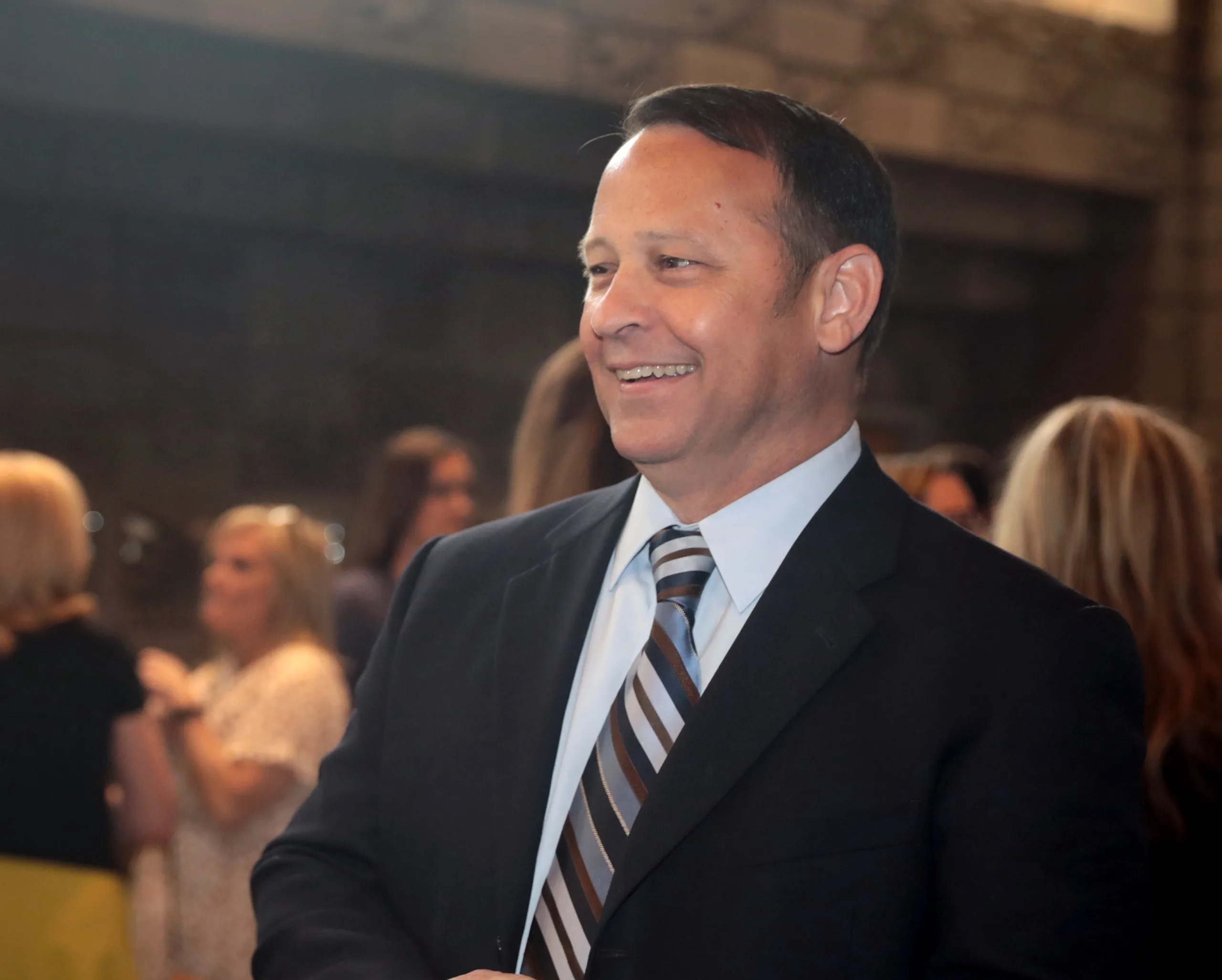Arizona Supreme Court Upholds Total Abortion Ban With Mandatory Prison Time
The Arizona Supreme Court ruled that the state can enforce a near-total abortion ban from 1864. The ban allows no abortions except to save the life of a pregnant person and carries a mandatory two- to five-year prison sentence for people who provide abortions.

The Arizona Supreme Court on Tuesday ruled that the state can simultaneously enforce two separate abortion bans—one from 2022 that criminalizes abortions after 15 weeks of pregnancy and another from 1864 that outlaws the procedure almost entirely.
But the near-total ban will not take effect for a short period. Since the U.S. Supreme Court overturned Roe v. Wade in 2022, a court injunction has blocked the state’s Civil War-era ban. In a 4-2 opinion written by Justice John R. Lopez IV, the court temporarily extended the legal stay for fourteen days so lower courts can rule on other potential objections to the 1864 ban.
“We remand the case to the trial court for consideration of those additional constitutional challenges if the plaintiffs wish to pursue them, and we temporarily extend the existing stay against enforcement of § 13-3603 [the 1864 ban] so that the trial court may determine how to proceed,” Lopez wrote.
In addition to those two weeks, another order prevents the state from enforcing the ban until 45 days after the Supreme Court mandate goes into effect. Therefore, abortions up to 15 weeks will remain available in Arizona for the next several weeks. At a press conference today, representatives from Planned Parenthood said they expect to continue providing abortions through May. If a legal challenge is raised, abortions could remain available while courts hear the case.
The 1864 ban outlaws all abortions except to save the life of the pregnant person and carries a mandatory two- to five-year prison sentence for people who violate the ban.
That law does not clearly explain who could be criminalized for providing abortions. Specifically, the ban states: “A person who provides, supplies or administers to a pregnant woman, or procures such woman to take any medicine, drugs or substance, or uses or employs any instrument or other means whatever, with intent thereby to procure the miscarriage of such woman, unless it is necessary to save her life, shall be punished by imprisonment in the state prison for not less than two years nor more than five years.”

Abortion providers have previously expressed concern that prosecutors could use the ban to criminally charge people for providing financial assistance for abortions—as prosecutors in other states have threatened to do.
Last year, Arizona Governor Katie Hobbs, a Democrat, issued an executive order barring county attorneys from prosecuting abortions. The order instead transfers the power to prosecute abortions to Attorney General Kris Mayes, a fellow Democrat who has said she will not prosecute abortions.
But several county attorneys say they will defy the order and have vowed to prosecute abortions anyway.
Asked about Hobbs’ executive order, Maricopa County Attorney Rachel Mitchell in July told PBS, “We’re going to conduct business as we have. If a case is submitted, we’re going to follow the same procedure that we follow for every other case.”
In press conferences today, both Hobbs and Mayes reiterated their stances. Asked if she feels confident the executive order will withstand court challenges, Hobbs encouraged critics to “bring it on” and said she “would not have issued the executive order if I did not think it was legally sound.”
Mayes said she will not allow local prosecutors to put anyone in prison over abortions.
“No woman or doctor will be prosecuted under this law as long as I am attorney general—not by me, nor by any county attorney serving in our state,” she said. “Not on my watch.”
Mitchell’s office did not immediately respond when asked if and how she would enforce the abortion ban—or whether she plans to challenge Hobbs’ executive order in court.
Arizonans will likely vote on a constitutional amendment to protect abortions up to 24 weeks this November. The amendment needs about 400,000 verified voter signatures by July to appear on the ballot this fall. The Arizona for Abortion Access campaign said earlier this month that it has already gathered 500,000 signatures, but the state has yet to verify them.
The ban is likely to impact the 2024 election. Voters around the U.S. have repeatedly shown they want to protect abortion access. With abortion likely to be on the ballot in Arizona this November, Democrats hope the ballot measure will drive their voters to the polls.
President Joe Biden barely won Arizona in the 2020 election. Democrats could flip the state legislature, where Republicans currently hold one-seat majorities in both the state house and senate. Republican Maricopa County Attorney Rachel Mitchell is running for re-election against Democrat Tamika Wooten. And two of the state Supreme Court justices who restored the 1864 ban are also up for re-election.
At a press conference this morning, representatives from Planned Parenthood of Arizona—the plaintiffs in the case considered today—said that they have not yet decided whether to bring additional legal challenges.
“I am here in Tempe Health Center today seeing patients who are asking for abortion services, and that very chaos and confusion that everyone is describing is what I’m having to try and explain to my patients today,” Jill Gibson, chief medical officer at Planned Parenthood Arizona, said. “This is simply going to have devastating effects on patients.”
